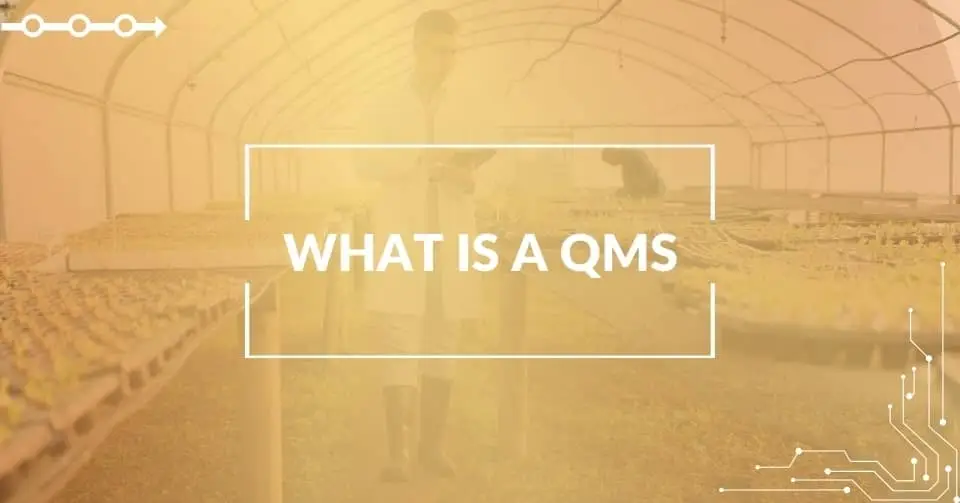Whole Foods grocery stores seem to be everywhere now. It’s no wonder most vendors want their food products to be sold at Whole Foods. Whole Foods is known for carrying high-quality food products and they want their vendors to supply their stores with safe food as well.
So, what food safety requirements do you need to fulfill before Whole Foods carries your products?
Whole Foods requires its suppliers to schedule, obtain and pass a third-party food safety audit like GMP, SQF, BRC, and GFSI from one of their approved audit vendors before a food item will be stocked on their shelves. These audits, focusing on food safety, must be conducted yearly and within a 30-day period before or after the renewal date. If there are items on the audit that need to be corrected the food supplier must correct them and then provide copies of the audit, and the corrective action to Whole Foods.
If the supplier fails the audit even after corrections are performed, a re-audit must be conducted within 90 days after the renewal date. The results and corrections then must be shared with Whole Foods.
FoodReady food safety software and consulting has helped many food companies prepare for and pass 3rd-party GFSI level audits so they can sell at Whole Foods.

What Types of Food Safety Audits Are Accepted?
Well, that depends on what your product is.
Produce like packaged sprouts which are a high-risk food require a few certifications which include a Good Manufacturing Practices (GMP) audit with a Hazard Analysis and Critical Control Point (HACCP) plan or a Global Food Safety Initiative (GFSI) certification.
Because it can be a challenge to prepare for a 3rd-party audit, it is often recommended to hire a GMP consultant, GFSI consultant, or SQF consultant depending on which certification is needed.
Microgreens and wheat grass require either a GMP certification with a HACCP plan and Good Agricultural Practices (GAP) or a GFSI certification. Growers have different requirements.
Your own branded product needs a GMP or GFSI certification, this also applies to meat and seafood and also WFM (Whole Foods Market) branded foods. If your product is chosen to be one of Whole Foods’s exclusive brands, GFSI certification is required.
SQF? GMP? GFSI? We Help You Choose and Pass the Right One
Don’t risk delays or disqualification. Use FoodReady to streamline your food safety system and ace your Whole Foods audit.
What Standards Does Whole Foods Have for its Suppliers?
Whole Foods also has a slew of quality standards they want their suppliers to follow. This includes but is not limited to certain ingredients which are not allowed due to the impact they have on people’s health, meat can only come from animals that have never received antibiotics, and seafood and fish that wild caught and sustainable or from farming that does not impact the environment.
What Ingredients Does Whole Foods Not Allow?
Whole Foods has a vast number of ingredients that are not allowed in the items it carries in their stores.
Here is a list of some of them:
- Artificial or synthetic coloring such as FD&C Yellow #6 and Red Dye #40.
- Most artificial preservatives with the exception of – Sulfites in wine, citric acid, and cultured dextrose. Because food preservation is a main component of keeping processed food safe, certain items are allowed some preservatives after being evaluated by Whole Foods.
- Partially hydrogenated oils are not allowed in products stocked by Whole Foods.
- Many artificial sweeteners like Aspartame, Saccharin, Allulose, Sucralose, and Advantame are not banned from Whole Foods.
- Bleached and/or bromated flour is not allowed in Whole Foods stores.
- In addition to these items they have also banned a whole slew of ingredients and this information can be found on their website.
FAQs:
Whole Foods does require GFSI certification from many of its suppliers. SQF is accepted by GFSI as a benchmarked standard.
3rd party audits such and certifications such as GFSI are much more thorough and increase food quality as well as food safety.
If you do not pass your first audit you are required to undergo and pass another audit within 90 days.
After you pass your 3rd-party audit you enter your continuous improvement phase of food production as part of being a Whole Foods supplier. Suppliers must pass an audit every 12 months.
Whole Foods does have requirements as to what temperatures perishable foods must be when they are received. Please contact Whole Foods for details for each individual food.







